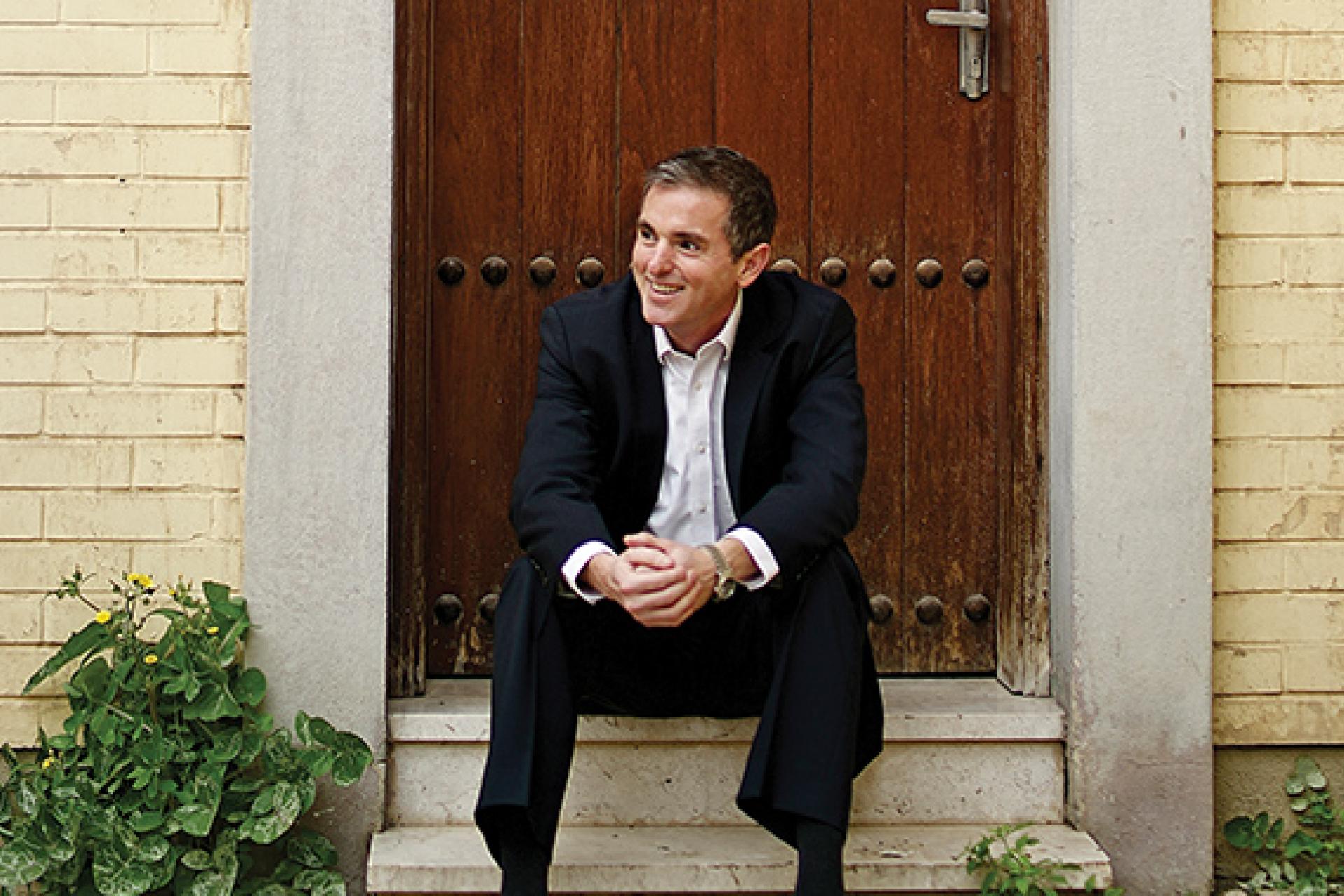
The expat life in Kuwait: A pioneer who overseas mental health in a clinic
May. 16, 2019
As a child who often traveled abroad with his parents, Nicholas Scull, PhD, LCSW, grew up dreaming of doing international work. After he finished studying counseling psychology at the University of Wisconsin–Madison, that dream became a reality: He moved to Salmiya, Kuwait, and secured a job through familial contacts as the first psychologist at Fawzia Sultan Healthcare Network, a nonprofit clinic that serves children, adolescents and adults.
His success there led the clinic to launch a department of mental health and wellness, which he now directs, overseeing a clinical staff of 15. Though mental health care carries a strong stigma in Kuwait, Scull has seen an uptick in patients seeking help for depression, anxiety and relationship concerns since he arrived in the country. He is also an adjunct professor at Lehigh University, based in Bethlehem, Pennsylvania, which hosts part of its international school counseling program in Kuwait.
Thanks to his familiarity with international travel, Scull quickly acclimated to daily life in Kuwait.
Adapting professionally, however, was not as easy. When he arrived in 2010, Scull was one of four U.S.-licensed psychologists in the country of three and a half million people. Adding to the challenge is that Kuwait does not have a formal licensure process or ethics code for mental health professionals. Scull’s isolation from other psychologists was compounded by the lack of social services in Kuwait. There are no social workers, no foster-care system and only limited availability of inpatient care, so Scull often felt helpless to aid his patients.
"When it comes to situations like domestic violence and child abuse, there was no infrastructure in place to refer to. That was a really challenging adjustment for me," he says.
But over the years, as support for psychological services grew at the clinic, Scull has found his work incredibly rewarding, especially his efforts to adapt Western theories to a culture that is highly collectivistic.
For others interested in working abroad, he advises first reflecting on one’s motivations and then determining one’s level of commitment. "Sometimes, short-term placements can do more harm than good to local communities, so it’s important to look past the novelty of moving and appreciate the difficulties inherent to this work," he says.


